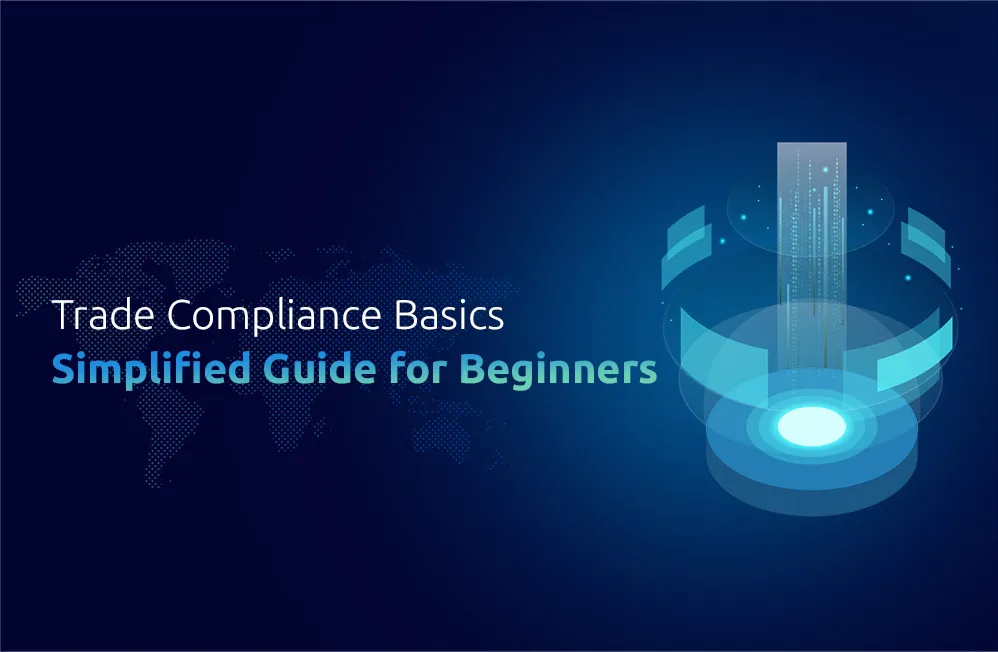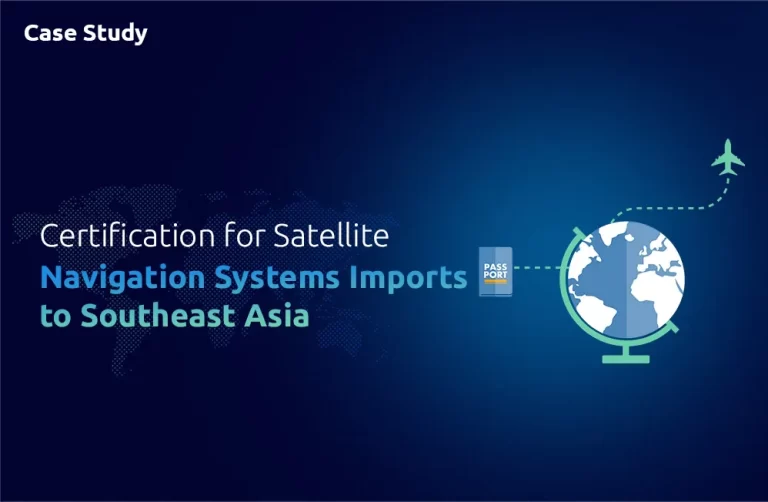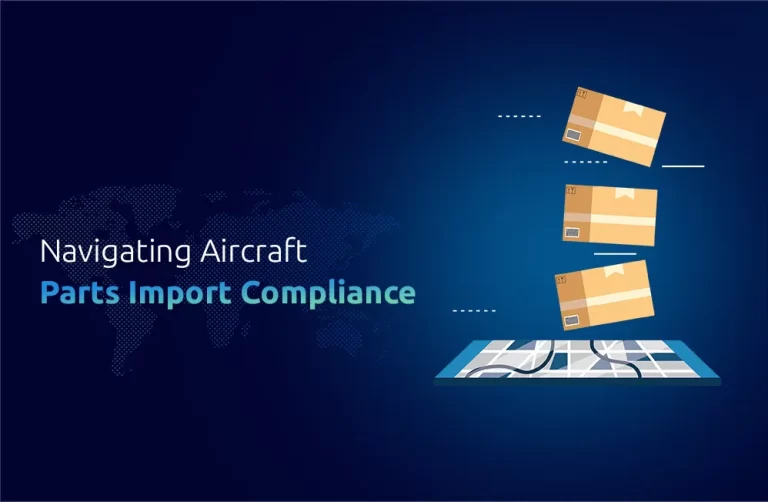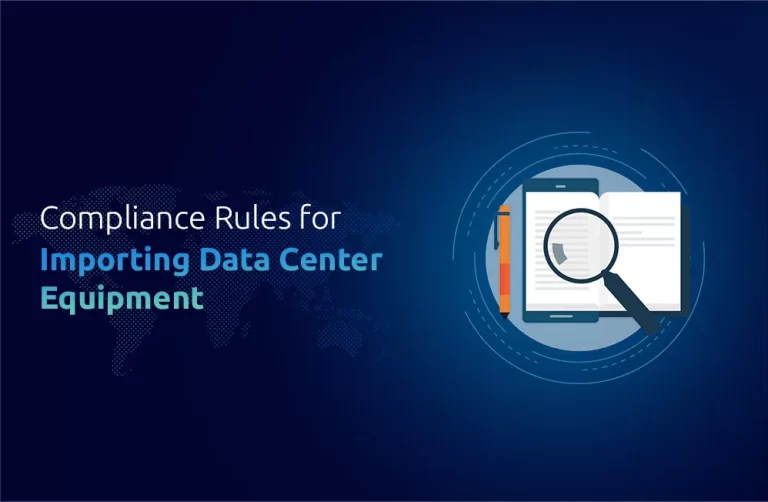Insight
Businesses that operate in the international market now prioritize trade compliance to ensure proper import and export operations. Businesses dealing with aviation, automobiles, IT/data centers, and medical equipment must understand industry regulations. This knowledge will protect them from financial expenses & legal repercussions while saving time. Trade compliance describes business procedures that guarantee adherence to rules issued by governments and international organizations.
All trade rules encompass different elements that affect tariff fees, taxation systems, product license requirements, and customs registration processes. These regulations are of double importance in the aviation and automobile industries and the IT and medical equipment fields because they serve legal mandates and crucial functions in maintaining product performance and ensuring product safety and security.
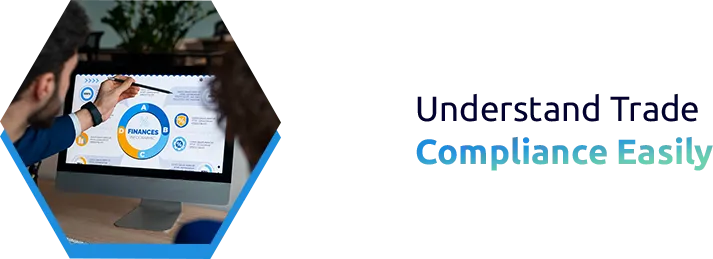
The Importance of Trade Compliance in Specialized Industries
Different industries face separate obstacles when keeping trade compliance. Each sector operates under different rules, so non-compliance produces severe consequences, including substantial fines, delayed shipments, and potential import-export bans. The level of risk in aviation equipment business operations remains exceptionally high. Trade compliance guarantees aircraft and associated technological safety by following strict product safety and security rules.
International trade regulations enable automobile equipment manufacturers to verify their products fulfill market safety standards, thus establishing compatibility across different markets. The IT/data center sector must follow unique trade regulations because data security and intellectual property rules are the primary focus. Trade compliance in this sector requires entities to confirm that their server systems, routers, and other hardware components obey export controls for sensitive technologies.
All companies making medical equipment must comply with detailed health safety requirements for their products. Medical products must meet specified safety standards before healthcare facilities can use them. Any non-compliance generates unstable outcomes that involve product recalls and damage to reputation and could trigger legal consequences.

Understanding the Basics of Trade Compliance
The multiple elements of trade compliance form the basis of its structure. The initial priorities are understanding international trade regulations and determining the goods you handle. Knowing export and import regulations, tariffs, sanctions, and trade agreements constitutes important trade compliance elements. Commercial importations bear tariffs that become key components determining international business expenses. Implementing high medical equipment tariffs increases consumer expenses and lowers business revenue.
Businesses must monitor evolving trade policies because they impact the costs and regulatory framework surrounding their imported or exported products. Various trade compliance elements include product classification among them. The proper step requires a business to identify correctly which harmonized system code category matches their product. Customs authorities utilize the harmonized system (HS) as their fundamental standardized system for trading product classifications. Incorrect harmonized system classification of products generates delays and penalties.
A business must fulfill its documentation requirements by obtaining export licenses and import permits and creating customs declarations with certificates of origin. Insufficient document submission leads to delayed shipments, which may result in monetary enforcement through fines or penalties. Operating companies must understand these rules while maintaining ready documentation to prevent unnecessary delays when processing imports or exports.
Ensuring Your Business is Trade-Compliant
Organizations must develop a complete trade compliance strategy to maintain legal trade compliance. The process requires frequent checks on business protocols, which need updates to match recent regulatory amendments. A trade compliance officer must be appointed within the company, or businesses should partner with service providers specializing in managing trade compliance issues.
A training program that educates workers about trade regulations must be implemented. Small organizational mistakes, including improper product classification or missing required documents, will substantially disrupt business operations. Employee training happens regularly to help team members identify potential problems before developing into genuine issues.
The successful execution of trade compliance heavily depends on maintaining precise and elaborated documentation. Every transaction needs proper documentation to complete compliance, so businesses must maintain accurate records. Accurate record-keeping serves two purposes: preventing errors while functioning as evidence during an audit investigation.
Conclusion
Operational trade compliance is an essential feature in worldwide commercial activity because it particularly benefits aviation enterprises, firms in the automobile sector, the IT/data center business, and the medical equipment industry. A business should maintain trade compliance to protect itself because noncompliance may result in legal risks, operational delays, and damage to its reputation. Through its services at One Union Solutions, the company guides businesses operating in the aviation and automobile sectors, IT/data centers, and medical equipment industries to maintain trade compliance while facilitating their international business activities.
Did You Know,
The U.S. Department of Commerce says medical equipment trade worldwide achieved $495 billion in 2023, and America controlled 40% of that market. Medical equipment shipments in 2023 experienced delayed delivery, which exceeded 15% because of non-compliance with trade regulations. The medical equipment sector requires strong attention to trade compliance for successful operations.
FAQs
1. What are businesses’ main errors in their trade compliance processes?
Businesses frequently make errors through improper product class assignments, missing paperwork, and not checking for adjustments to tariffs and regulations. Adequate record maintenance and staying informed about trade laws help prevent these errors from occurring.
2. What measures must a business follow to maintain compliance with international trade regulations?
Business compliance can be achieved through consistent internal process reviews, employee education, and the implementation of tracking systems that monitor product code prices and documentation status. Businesses should partner with either trade compliance experts or consulting professionals to achieve desired outcomes.
3. What makes harmonized system codes essential for international trade?
Customs authorities worldwide utilize the harmonized system code as their standardized system to sort imported/exported goods for international trade operations. Shipping delays, monetary penalties, and denied shipments occur from selecting an incorrect harmonized system code.
4. What is the frequency with which trade regulations change?
Trade regulations change consistently based on government policy modifications int, international trade agreements, and the development of international diplomatic relationships. Businesses must source information about regulations from publications of government departments and trade associations, along with consulting compliance experts.
5. What consequences exist for businesses not complying with trade regulations?
Companies must follow all rules. Otherwise, they will face financial consequences that delay shipments, which may result in export license restrictions and even illegal prosecution. Businesses that fail to obey trade regulations substantially damage the image and lose consumer trust.

